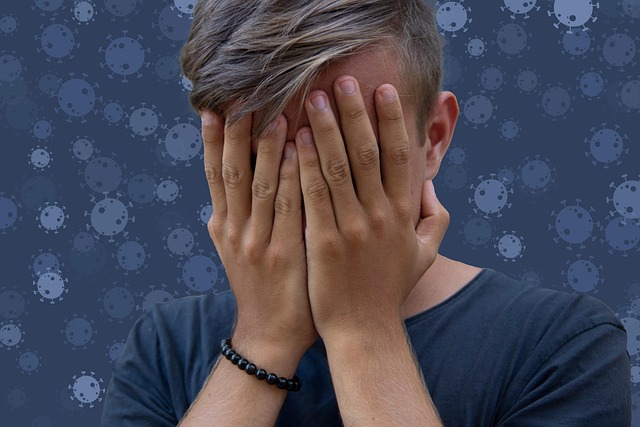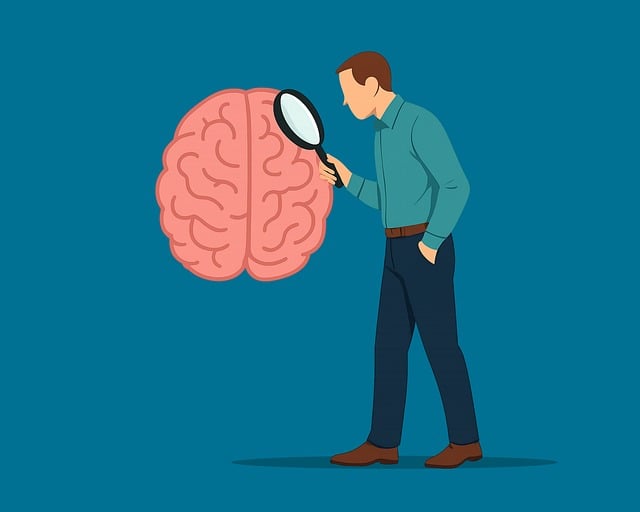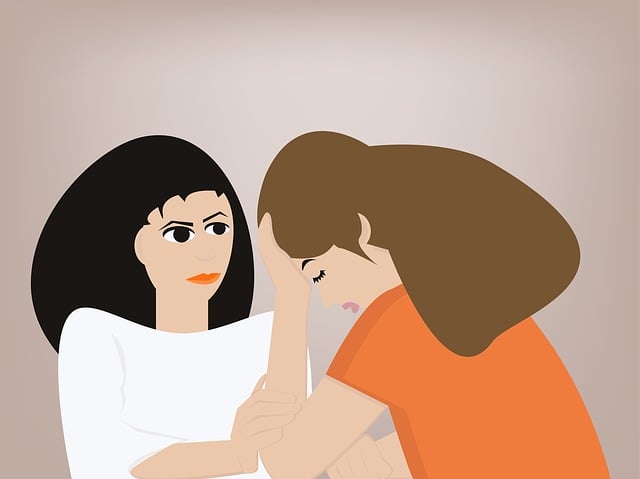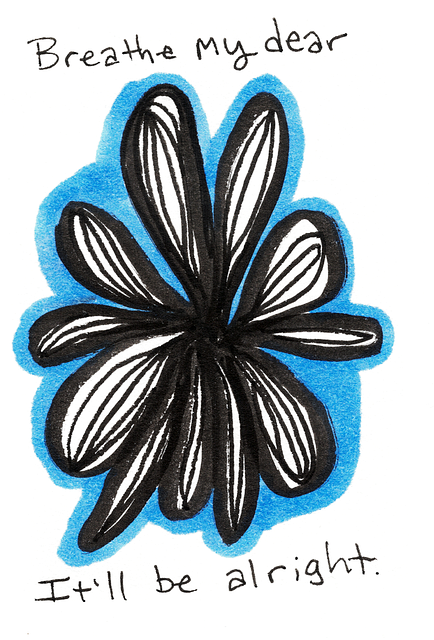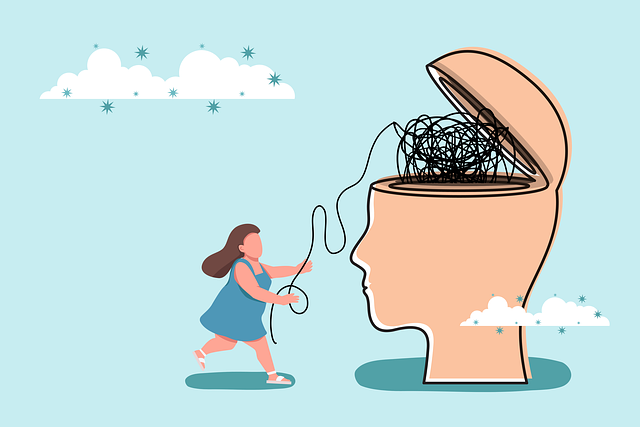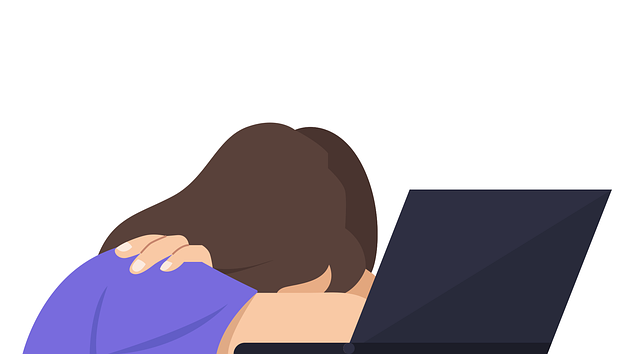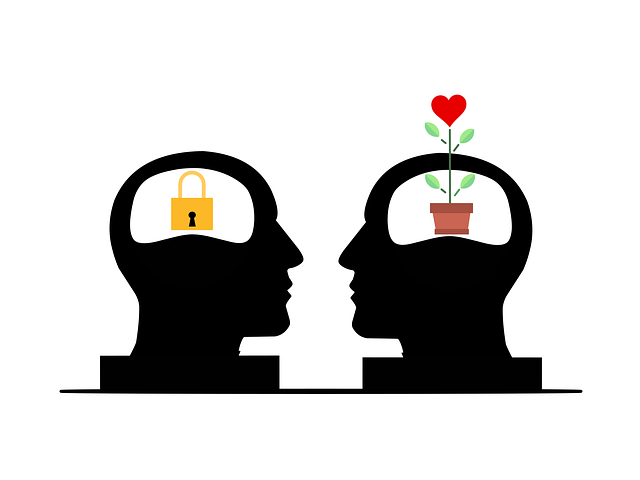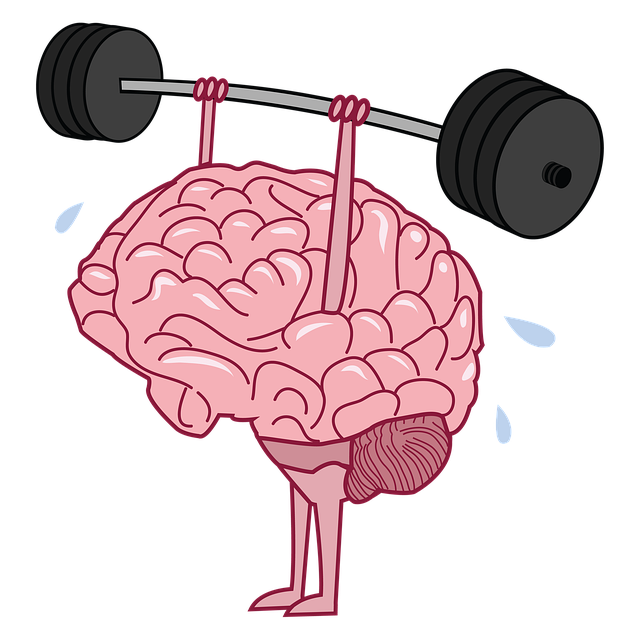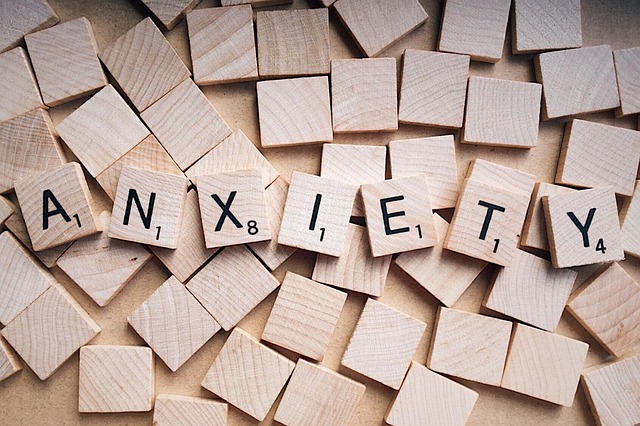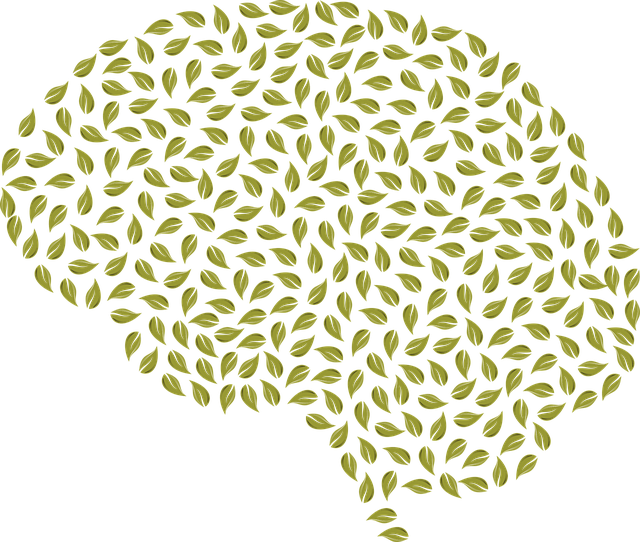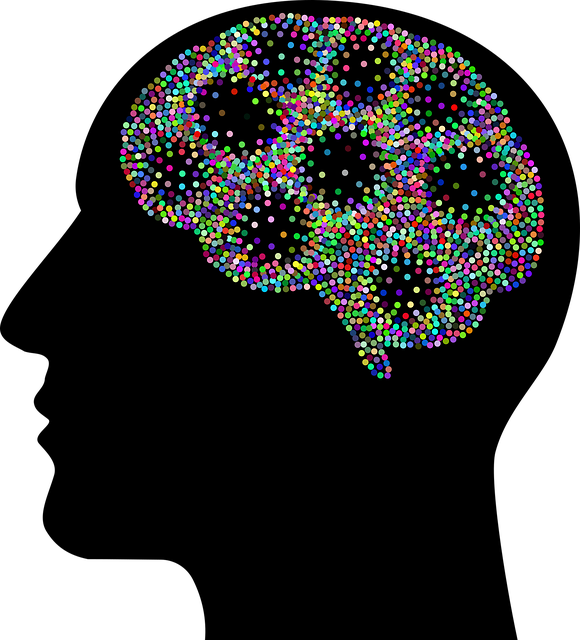Diagnosing mental illnesses, especially complex conditions like psychosis, accurately is challenging due to variable symptoms, comorbidities, and cultural influences. Advanced technologies like artificial intelligence (AI) are transforming diagnosis and treatment, while innovative therapeutic approaches like Lone Tree Psychosis Therapy focus on deep understanding through open dialogue, empathy, and tailored stress reduction methods. Integrating patient feedback, community support, continuous professional development, and evidence-based tools at Lone Tree Psychosis Therapy optimizes diagnostic accuracy and enhances successful outcomes for diverse individuals struggling with psychosis.
Mental illness diagnoses, though crucial for effective treatment, often face challenges due to complex symptoms and individual variations. This article explores efforts to improve diagnosis accuracy, focusing on understanding the complexities of mental health, leveraging advanced technologies, enhancing clinical assessment, integrating patient feedback, and training professionals. By examining these key areas, we aim to highlight strategies that can lead to more precise and timely interventions, ultimately benefiting individuals seeking Lone Tree Psychosis Therapy and similar services.
- Understanding Mental Illness Diagnoses: Challenges and Gaps
- The Role of Advanced Technologies in Improving Accuracy
- Enhancing Clinical Assessment Methods for Better Diagnosis
- Integrating Patient Feedback and Community Support
- Training Professionals: Ensuring Consistent and Accurate Practices
Understanding Mental Illness Diagnoses: Challenges and Gaps

Diagnosing mental illnesses accurately is a complex task due to the intricate nature and vast array of symptoms associated with various conditions. Many factors contribute to the challenges faced by healthcare professionals in this area. For instance, some disorders share similar manifestations, making differential diagnosis a delicate process. The subjective experience of symptoms can vary widely from person to person, adding another layer of complexity. This variability often requires a deep understanding of not just the illness itself but also the individual’s unique circumstances and background.
Furthermore, mental health issues are often accompanied by comorbidities, such as substance abuse or physical health problems, which can obscure the presentation of the primary psychiatric disorder. Cultural and social influences also play a significant role in symptom expression and help-seeking behaviors, potentially leading to misdiagnosis or delayed treatment. Addressing these challenges involves enhancing clinical training, promoting self-awareness exercises for both professionals and patients (as part of mental wellness podcast series production), and encouraging resilience building to navigate the complexities of mental illness diagnosis accurately, especially in diverse populations, including those seeking Lone Tree psychosis therapy.
The Role of Advanced Technologies in Improving Accuracy

In recent years, advancements in technology have played a pivotal role in enhancing mental health diagnosis and improving overall treatment outcomes. Tools such as artificial intelligence (AI) and machine learning algorithms are revolutionizing the field of psychiatry by offering more accurate assessments. These technologies can analyze vast amounts of data, including medical records, patient histories, and even brain imaging scans, to provide detailed insights that aid in diagnosing complex conditions like Lone Tree Psychosis Therapy. With AI-assisted diagnostics, healthcare professionals can make more informed decisions, leading to better treatment plans tailored to individual needs.
Additionally, digital platforms and mobile applications are proving to be valuable assets for monitoring mental health progress. Features like mental wellness journaling exercises and mood management tracking enable individuals to actively engage in their care. By recording thoughts, emotions, and behaviors, patients can identify patterns and triggers, fostering a sense of self-awareness and empowerment. This data can then be shared with therapists or psychiatrists, ensuring continuous support and enabling them to adjust treatments accordingly, further contributing to improved diagnosis accuracy.
Enhancing Clinical Assessment Methods for Better Diagnosis

Mental health professionals are continually striving to improve diagnostic accuracy, especially for complex conditions like psychosis. One key area of focus is enhancing clinical assessment methods. This involves integrating innovative techniques that foster a deeper understanding of patients’ experiences and symptoms. For instance, Lone Tree Psychosis Therapy employs advanced cognitive-behavioral therapies that encourage open dialogue, allowing individuals to express their unique perspectives on their mental health struggles.
Building empathy through active listening and emotional intelligence is another powerful strategy. Therapists can help patients feel heard and validated while also gaining valuable insights into their emotional experiences. Additionally, incorporating stress reduction methods tailored to individual needs can provide a more comprehensive picture of the patient’s overall mental state, further refining diagnostic accuracy and guiding personalized treatment plans.
Integrating Patient Feedback and Community Support

Integrating patient feedback and community support is a powerful strategy to enhance mental illness diagnosis accuracy and improve overall treatment outcomes. By actively involving patients in their care journey, healthcare professionals can gain valuable insights into their experiences, challenges, and unique perspectives. This collaborative approach fosters trust and opens lines of communication, encouraging individuals to share details that might otherwise remain hidden. Patient feedback provides essential context, helping therapists at Lone Tree Psychosis Therapy tailor interventions to address specific needs.
Community support networks play a crucial role in reinforcing the inner strength development process. Encouraging individuals to participate in mental wellness journaling exercises and connecting them with crisis intervention guidance can further enhance their coping mechanisms and resilience. These collaborative efforts create a supportive environment, ensuring that patients feel empowered and understood throughout their recovery journey.
Training Professionals: Ensuring Consistent and Accurate Practices

Mental health professionals play a pivotal role in diagnosing mental illnesses accurately, and consistent training is essential to ensure their practices remain up-to-date with the latest research and best practices. At Lone Tree Psychosis Therapy, we understand that providing effective treatment hinges on precise diagnoses. To achieve this, we emphasize continuous professional development through workshops, seminars, and peer-led discussions. These educational initiatives focus on various aspects, including recognizing subtle symptoms, understanding cultural nuances in mental health expressions, and integrating evidence-based assessment tools.
By fostering a culture of learning, we aim to minimize errors in diagnosis and improve patient outcomes. Additionally, implementing community outreach programs can help reduce the stigma surrounding mental illness, encouraging more individuals to seek assistance. Conflict resolution techniques and burnout prevention strategies are also integral components of our training, as they contribute to creating a supportive and sustainable work environment for mental health professionals.
Mental illness diagnosis accuracy has long been a complex issue, but through a multi-faceted approach leveraging advanced technologies, enhanced clinical assessment methods, patient-centric feedback, and comprehensive professional training, we can strive for greater consistency and precision. By integrating these strategies, such as exploring AI-assisted diagnostics and refining assessment tools, alongside fostering supportive community environments, we not only improve individual care but also foster a more compassionate and informed society. For those seeking guidance, Lone Tree Psychosis Therapy remains dedicated to providing cutting-edge treatment options and personalized support.
